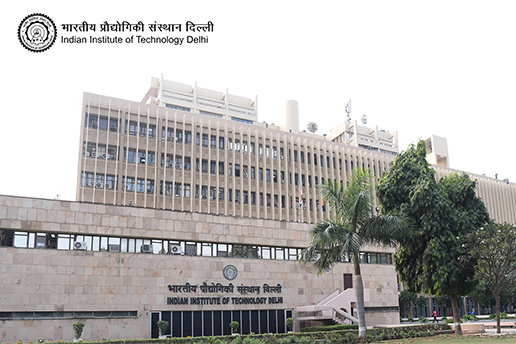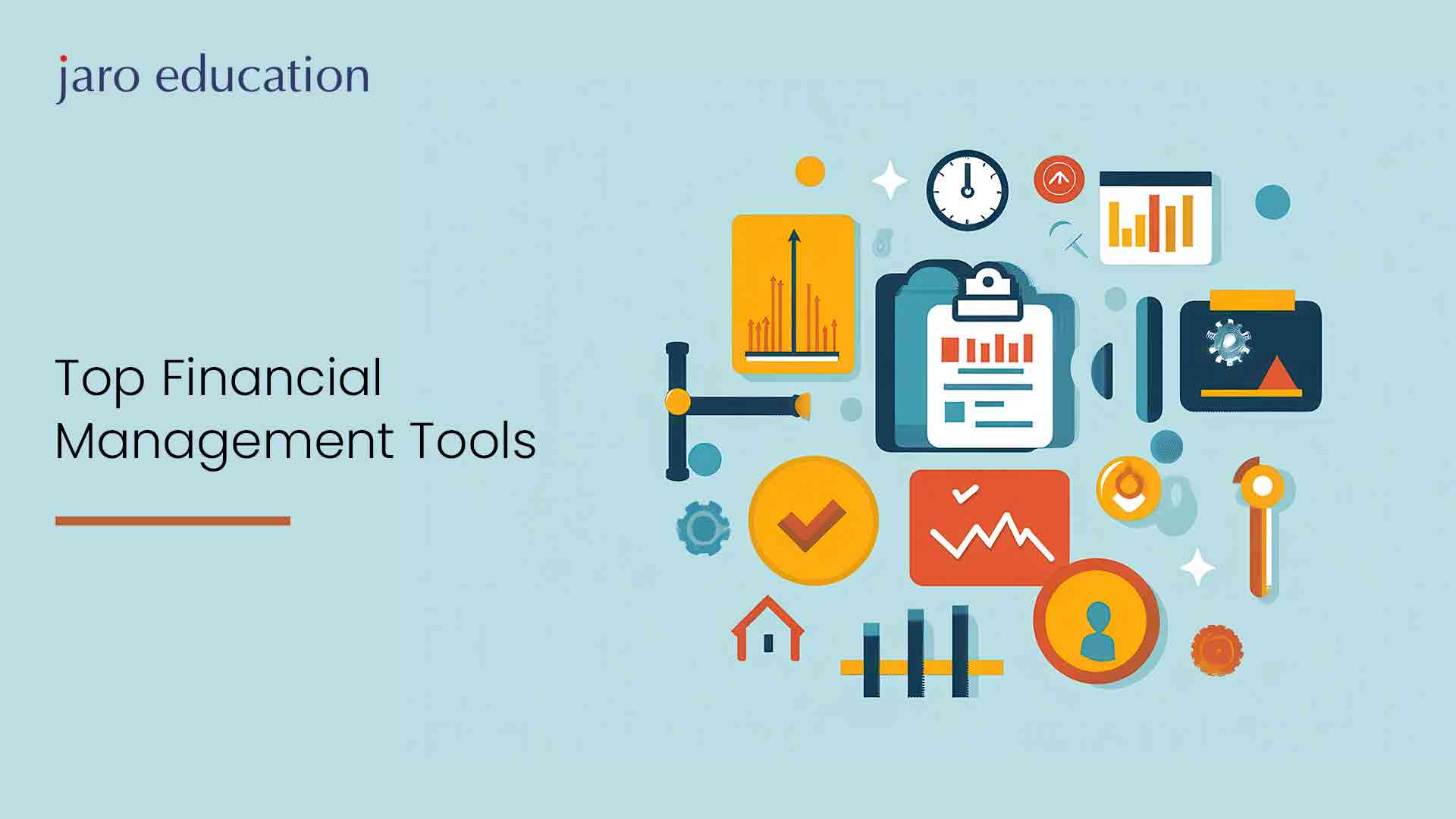Personal Finance and Its Importance You Need to Know in 2025
Table of Contents

Wise use of money is even more important in 2025 than at any other time. Even if you’re salaried, an entrepreneur or a student, knowledge of personal finance is no longer a luxury now – it is a necessity. Individuals are now more exposed to financial risk due to increased inflation, market volatility, and life expectancy. That is where sound personal financial management can be your best friend.
In this guide, we examine what personal finance is, its importance in 2025, ways of mastering it in India, and how you can enjoy the perks of advanced programs to excel in the personal finance discipline.

*istockphoto.com
What is Personal Finance?
Personal finance is a term used to describe the process of managing a person’s or a household’s financial activities. This involves earning, budgeting, saving, investing, planning for retirement, and emergencies. It includes everything from day-to-day expenses to lifelong wealth-building plans.
At its core, personal financial management entails:
- Setting financial goals
- Creating a budget
- Saving for future needs
- Managing debt
- Investing wisely
- Planning for retirement and emergencies
Why is Personal Finance Important in 2025?
The financial landscape has never been as vibrant as it is in 2025. The speed of technological evolution is high, the digital payment systems are in the lead, and financial products are becoming more complex. It is necessary to understand the importance of personal finance in the midst of this.
Here are some reasons why personal finance is crucial in 2025:
Inflation is rising
The cost of living is becoming higher, calling for smarter management of the money.
Financial uncertainty
The job market is changing at a rapid rate, and thus, having emergency funds is necessary.
Digital finance
With increased online investments and apps, there are more opportunities and risks than ever before.
Life expectancy is increasing
Living longer means one will require more savings during retirement.
Student debt and EMIs
Modern life exposes one to an increased debt burden, and hence, the right financial planning is necessary.
Moreover, the expanding middle class and urban youth in India are exposed to trends across the world, hence their higher desires for lifestyles. But without the right financial discipline, this can cause over-leveraging very quickly. Therefore, financial management doesn’t just mean survival but thriving in a fast-changing economy.
Core Pillars of Personal Financial Management
Five major pillars characterize mastering one’s personal financial management, including:
1. Budgeting
Designing a monthly budget where your income is equal to your expenses. A favorable budget prevents you from spending beyond your budget; thus, it promotes financial discipline.
2. Saving
Saving is the basis of financial security. In 2025, automation tools will support your ability to consistently save for short—and long-term goals.
3. Investing
Investing grows wealth. Some of the popular instruments used in personal finance India strategies today include stocks, mutual funds, SIPs, and real estate.
4. Debt Management
Debt is common, but people need to be prudent about it. Understand the difference between good debt (home loans) and bad debt (high-interest credit cards).
5. Insurance & Risk Planning
The health insurance, life cover, and property insurance safeguard against unforeseen loss and form an essential segment of personal finance in India.

*istockphoto.com
Personal Finance India: Trends in 2025
The concept of personal finance in India has changed drastically in 2025, as it is now dominated by digital platforms.
Key Trends:
UPI & Digital Payments
Generally accepted, cutting down the need for cash.
Robo-Advisors
AI-based apps recommend investments based on your goals.
Financial Literacy Campaigns
The Indian government and private firms are pushing awareness of the importance of personal finance.
Young Investors
The Millennials and Gen Z are investing early using SIPs, cryptocurrencies, and stock markets.
ESG Investing
Socially responsible investing is increasing in its popularity.
Benefits of Learning Personal Finance
Many benefits are associated with understanding personal finance:
Improved money habits
Track spending, eliminate unnecessary costs, and save more.
Less financial stress
To be able to have peace of mind, you have to know that you are the master of your fate.
Better decision-making
Financial literacy creates prudent investment and purchase decisions.
Wealth creation
You can grow your money effectively in the long run.
Financial independence
Do not rely so much on others and live life your way.
Preparedness for emergencies
Life is unpredictable. Appropriate planning will ensure you remain safe.
Apart from the above, studying personal finance develops confidence and clarity. You start to get a feel of how compounding works and credit scores determine the approvals of loans, and why insurance is not just an expense, it’s a shield. These revelations will enable you to make rational decisions concerning money, instead of impulsive decisions. This, in the long run, results in permanent stability and peace of mind.
Challenges in Personal Financial Planning
Managing money becomes difficult even with good intentions. Here’s why:
- Lack of financial education
- Impulse spending habits
- High debt levels
- Peer pressure & lifestyle inflation
- Inadequate insurance coverage
- Poor investment planning
To do away with these, one has to keep learning and developing to apply financial trends and tools.
Personal Finance Tips for Professionals and Millennials
India’s professionals and young earners need to take the initiative to improve their personal finances in 2025. Here are some practical tips for them –
- Start early: In investment, time is the most expensive asset.
- Automate savings: Use the bank tools/apps to automatically transfer money to savings/investment accounts.
- Set clear goals: Have a reason for saving: want a car, house, or retirement.
- Diversify investments: Do not put all the eggs in one basket. Invest in mutual funds, stocks, gold, and PPF.
- Track your net worth: Monitor your assets and liabilities.
- Build an emergency fund: Aim for 6 to 12 months of expenses saved in a liquid fund.
How to Improve Your Personal Finance Skills
Anyone can master personal finances through consistent effort and guidance. Some of the crucial steps to enhance your skills are –
- Take online courses: Study through online platforms such as Jaro Education.
- Read books/blogs: Follow financial authors such as Robert Kiyosaki or Indian bloggers.
- Use budgeting apps: Indians can use apps such as Moneyfy, Walnut, or ET Money.
- Consult financial advisors: Experts will be able to guide you in personalizing a financial road map.
- Join finance communities: There is a gold mine of insights in forums and social media groups. So join them.
Enroll in Professional Certificate Programme in Investment Banking – IIM Kozhikode
So, if you are keen to learn more about finance and build a career in this domain, then the ideal first step would be registering for the Professional Certificate Programme in Investment Banking – IIM Kozhikode. Even though this course focuses on investment banking and how it works, it will also help you better understand finance as a subject and how it works. Other crucial advantages of completing this course are –
- Alumni status of IIM Kozhikode, which is one of India’s top B-schools.
- Industry-ready curriculum that includes investment banking, risk management, M&A, equity research, and so on.
- Real-world case studies to better comprehend personal finance and other capital markets.
- Career enhancement through placement programs
- Get a chance to learn from experts, including veterans of the industry.
- Flexible learning through online-based and weekend classes for working professionals.
This programme is great for professionals who wish to go beyond budgeting and get into the world of structured financial analysis and investment strategies. It also complements your personal finance concept since it helps incorporate the macroeconomic and institutional aspects, which are becoming increasingly important in the current job market.
Conclusion
Irrespective of the year and decade, the importance of personal finance cannot be downplayed. However, in 2025, it is an important topic of discussion due to the rapid changes to the economy. Rising inflation, everyday costs of living, medical expenses, etc., are demanding mastery over personal finance to ensure sustainability and growth in life. At the same time, it is helping people avoid amassing debt and live a peaceful life.
Thus, today’s financial ecosystem in India presents a host of opportunities for people with the right knowledge and understanding of personal financial management.
Frequently Asked Questions
What is the significance of personal finance to young professionals?
Personal finance facilitates income management, prevents debt traps, develops savings, and investments for a safe future for the youth.
What are the ways I can begin to improve my personal finance right now?
Begin by having a budget, monitoring expenditures, having financial goals, and automating savings and investments. Use budgeting apps for better control.
Does the IIM Kozhikode Investment Banking programme cater for the needs of beginners?
Yes, it is intended both for newbies and for mid-level professionals who would like to gain expertise in the fields of finance, banking, and investments.

















